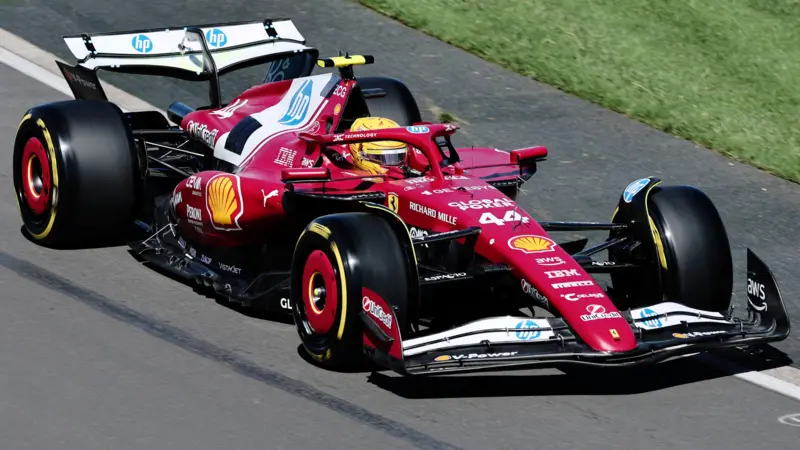
In a significant development within the Formula 1 community, Red Bull Racing has formally requested an exemption from the FIA’s Super Licence regulations to allow their 17-year-old prodigy, Arvid Lindblad, to participate in the upcoming F1 season. This move underscores Red Bull’s commitment to nurturing young talent and reflects Lindblad’s exceptional potential.
Background on the Super Licence Age Requirement
Historically, the FIA mandated that drivers be at least 18 years old to qualify for a Super Licence, a rule implemented following Max Verstappen’s debut at 17 in 2015. However, recent amendments permit the FIA to grant licences to 17-year-olds who have “recently and consistently demonstrated outstanding ability and maturity in single-seater formula car competition.”
Red Bull’s Pursuit of an Exemption
Red Bull’s request aims to capitalize on this revised regulation, seeking to fast-track Lindblad’s entry into Formula 1. The British-Swedish driver has showcased remarkable talent in junior categories, positioning him as a promising candidate for the sport’s pinnacle. Red Bull’s motorsport advisor, Helmut Marko, expressed enthusiasm about the potential rule change, highlighting the team’s readiness to integrate Lindblad into their F1 program.
Implications for Formula 1
Should the FIA grant this exemption, it could set a precedent for other teams to introduce younger drivers, potentially altering the traditional pathway to F1. While some stakeholders express concerns about the readiness of younger drivers, others argue that talent and maturity should be the primary criteria, regardless of age. This debate reflects the sport’s ongoing evolution and its efforts to balance tradition with emerging talent.
Conclusion
Red Bull’s initiative to secure an age exemption for Arvid Lindblad highlights the team’s dedication to fostering young talent and adapting to regulatory changes. As the FIA deliberates on this request, the decision will undoubtedly influence the future landscape of driver development in Formula 1.







